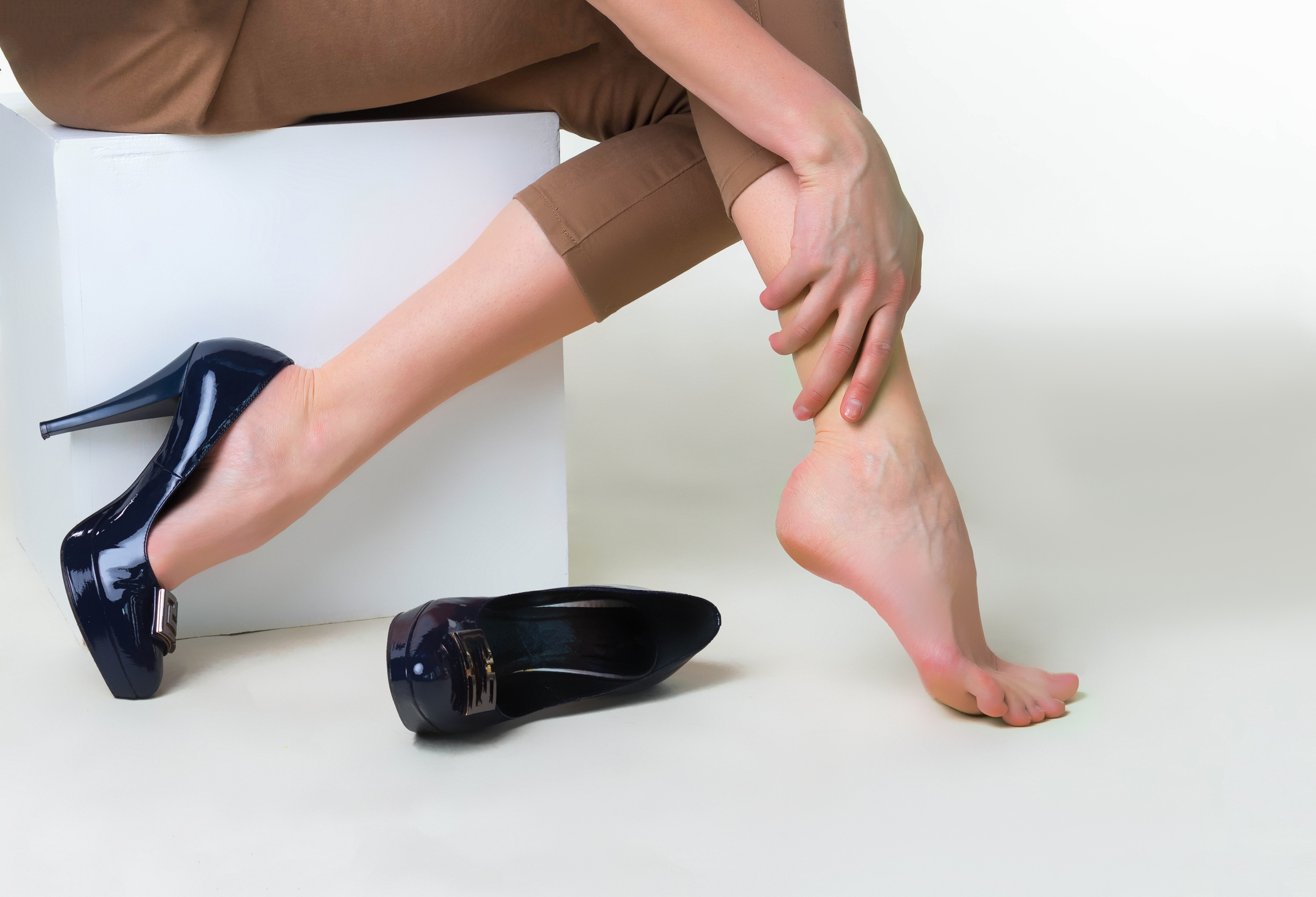
Varicose veins, spider veins, and reticular veins may be a cosmetic concern for some people, but for others, it can be quite painful and affect their quality of life. Vein disease is very common with over 80 million people in the United States suffering from some type of vein issue. Even though they may seem the same, there are distinct differences between spider, varicose and reticular veins.
Why Do They Occur?
The vein's purpose is to return blood from different parts of the body to the heart. A healthy vein has a one-way valve that ensures blood travels towards the heart. However, the valves can fail, especially in the legs. It results in sluggish circulation which leads to swelling and pressure that causes enlarged veins to appear on the surface.
Difference Between Varicose Veins, Spider Veins, and Reticular Veins
Varicose Veins
- They measure 2.5 mm or larger in diameter.
- They can be dark purple or blue colored.
- They look like cords that are bulged and twisted.
- The veins can be swollen and raised above the skin surface.
- Varicose veins are common on the back of calves, thighs, and the inside of the leg.
- The pooled blood creates swelling and pressure in the damaged vein, which causes swelling, aching, pain and cramping.
Spider Veins
- They measure less than 1 mm in diameter.
- They are usually red, purple or blue.
- They are always closer to the skin’s surface.
- They look like tree branches with jagged lines.
- They are common on the face and legs, though can appear anywhere on the body.
- You may not experience any symptoms, however they can cause heaviness, aching or skin discoloration.
Reticular Veins
- They measure about 2 mm in diameter.
- They are blue-green or purple.
- They don't appear above the skin.
- They are flatter and less twisted.
- They are found on the breasts, legs, and even the face.
- It's accompanied by burning and itching.
Who is at Risk of These Types of Issues?
Even though the direct cause of vein problems is uncertain, certain risk factors increase your chances of having the condition. Here are the common risk factors:
- Aging: The valves in your veins weaken as you age.
- Heredity: If your family has a history of vein problems, you are at a high risk of having the same problem.
- Pregnancy: When you are pregnant, there is an increased volume of blood in your body. The blood increase puts extra pressure on your veins which have to work harder, resulting in enlarged veins.
- Obesity: Being overweight can put pressure on your veins.
- Lack of movement: If you sit or stand for a long time, it may force your veins to work harder, pumping blood to the heart.
- Gender: Women are at a high risk of developing vein problems compared to men.
- Medications: Birth control pills can increase the progesterone and estrogen hormones associated with a high risk of developing veins.
When Should Someone Go to the Doctor?
If you have tried elevating your legs, watching your weight and exercising, or compression stockings without any success, then you need to make an appointment with your doctor. You should call your if you have the following symptoms:
- Leg ulcers: Leg ulcers are wounds that take a long time to heal. If you have a sore that takes longer to heal, you should book an appointment with your doctor.
- Bleeding: If you notice one of the veins starting to bleed, it can be dangerous. Elevate your legs so that they are higher than your heart. Seek immediate help if you notice bleeding from your veins.
- Swelling: The pressure from varicose veins can cause swelling in your legs. The swelling can cause pains and aches. Before you see a specialist, wear compression stockings and elevate your feet.
Varicose veins, reticular veins, and spider veins are harmless but there are instances when it can be an indication of underlying health problems. If you are feeling discomfort due to a vein problem, you should get help from a doctor.
The Vein Institute is a state-of-the-art facility with the latest technology that treats varicose veins. Schedule an appointment today with one of our board-certified physicians!



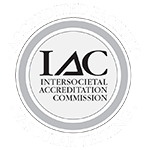
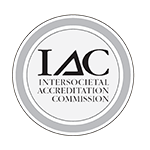
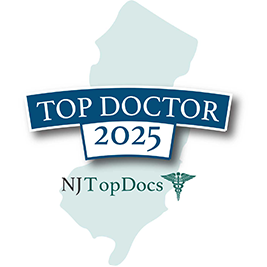
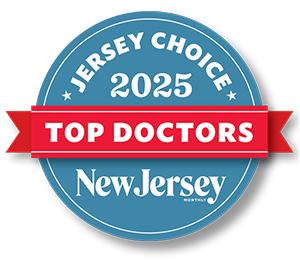
_2.jpg)